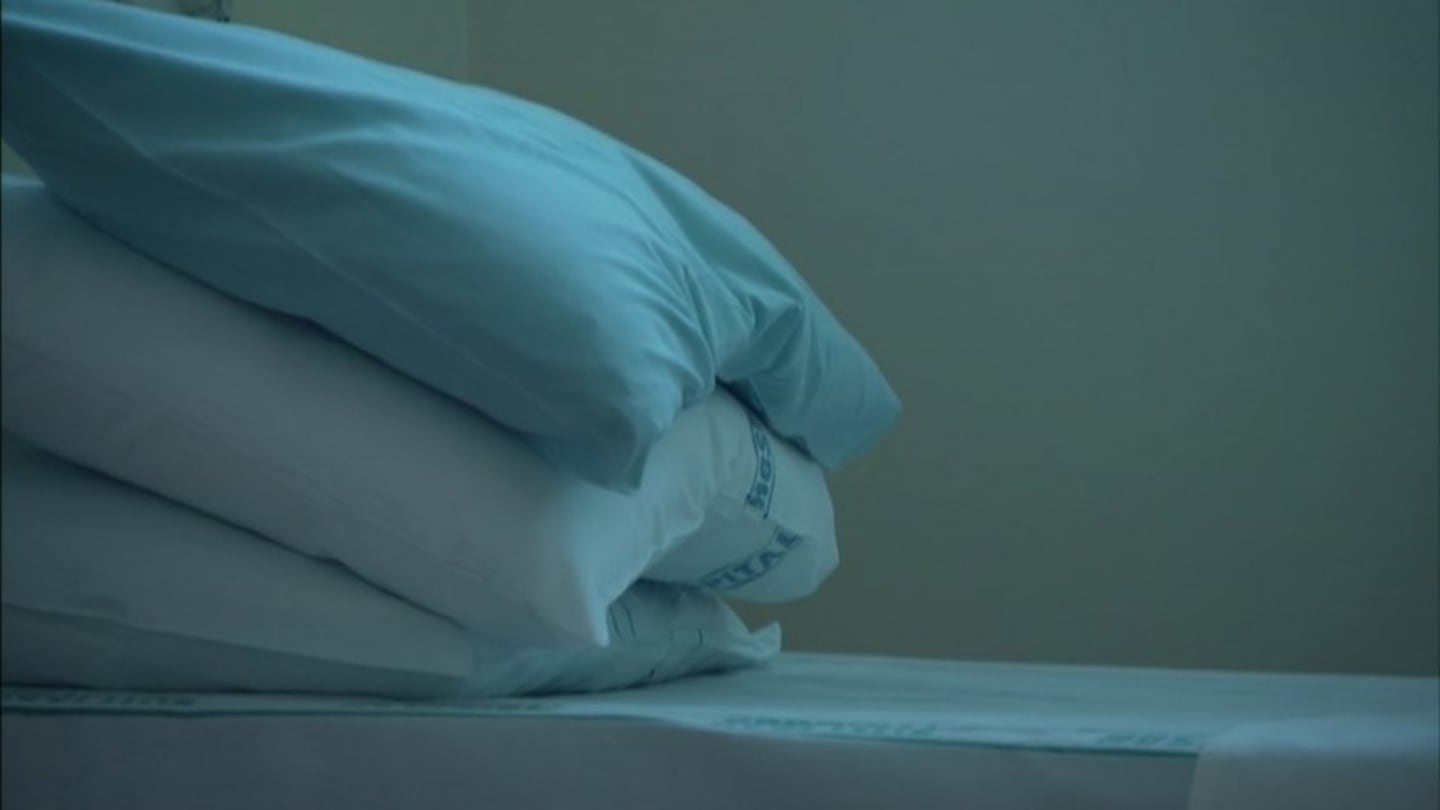Chief Ombudsman Peter Boshier expects the Health Department to take action over poor quality mental health facilities and rehabilitation recuperation.
His latest report found Māori are over-represented in seclusion statistics at Palmerston North hospital's mental health ward.
The report, shows that in the six months to April 30 last year, 14 out of 20 seclusions at the ward involved Māori, despite Māori making up only 38 percent of patients on the ward.
“Seclusion is when you are not free to leave the place where you're at and you haven't consented. So there's the element of not being able to leave and you've got to be alone for that period. That's the definition of seclusion.”
Boshier said that when they started these reports monitoring a unit out of Wanganui the number of Māori in the unit was 46% of the total but the percentage of Māori that made up the seclusion numbers was 66%.
Boshier said there were other factors that had contributed to these problems as well such as overpopulation. There were bed shortages, staff shortages, and some units were not fit for purpose.
“Seclusion often occurs for a number of reasons and one of them is that there just aren't enough main-purpose bedrooms. And because they are so short of rooms, they put someone in a seclusion room.”
Boshier said his role was as an officer of Parliament, appointed by Parliament and reported to Parliament.
“So I table my reports. I draw them to the attention of ministers because that's my job.”
But Boshier said that he looks to others to take the report's findings and do something with that knowledge.
“I'm looking at the Ministry of Health, which was the steward of our money here to ensure that Maori in particular but also all mental health patients have a facility and rehabilitation recuperation which is fit for purpose.”


